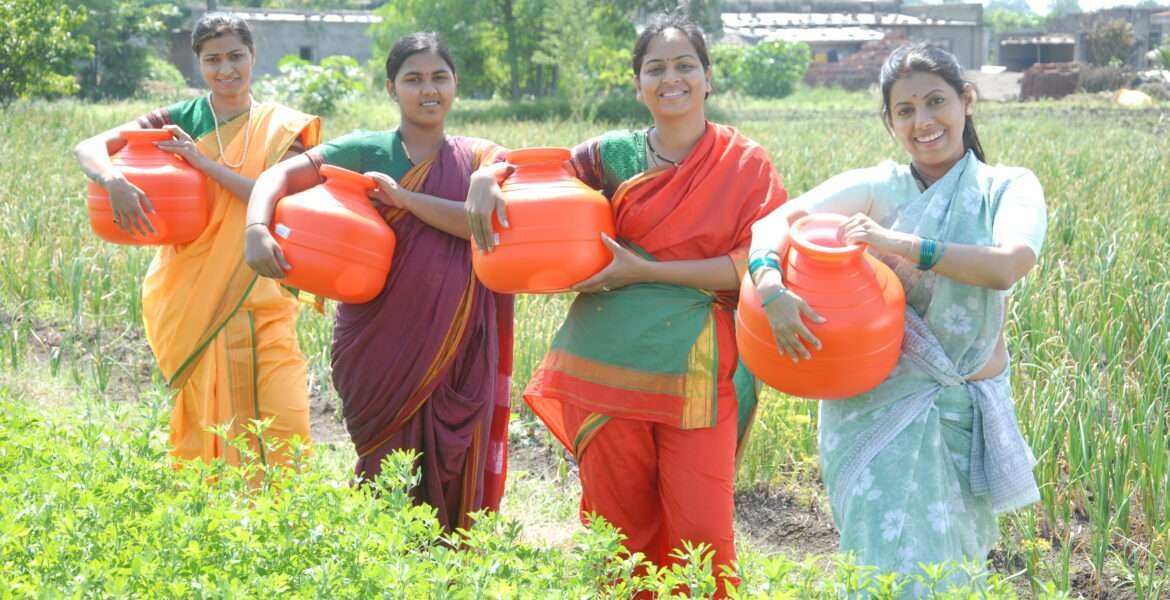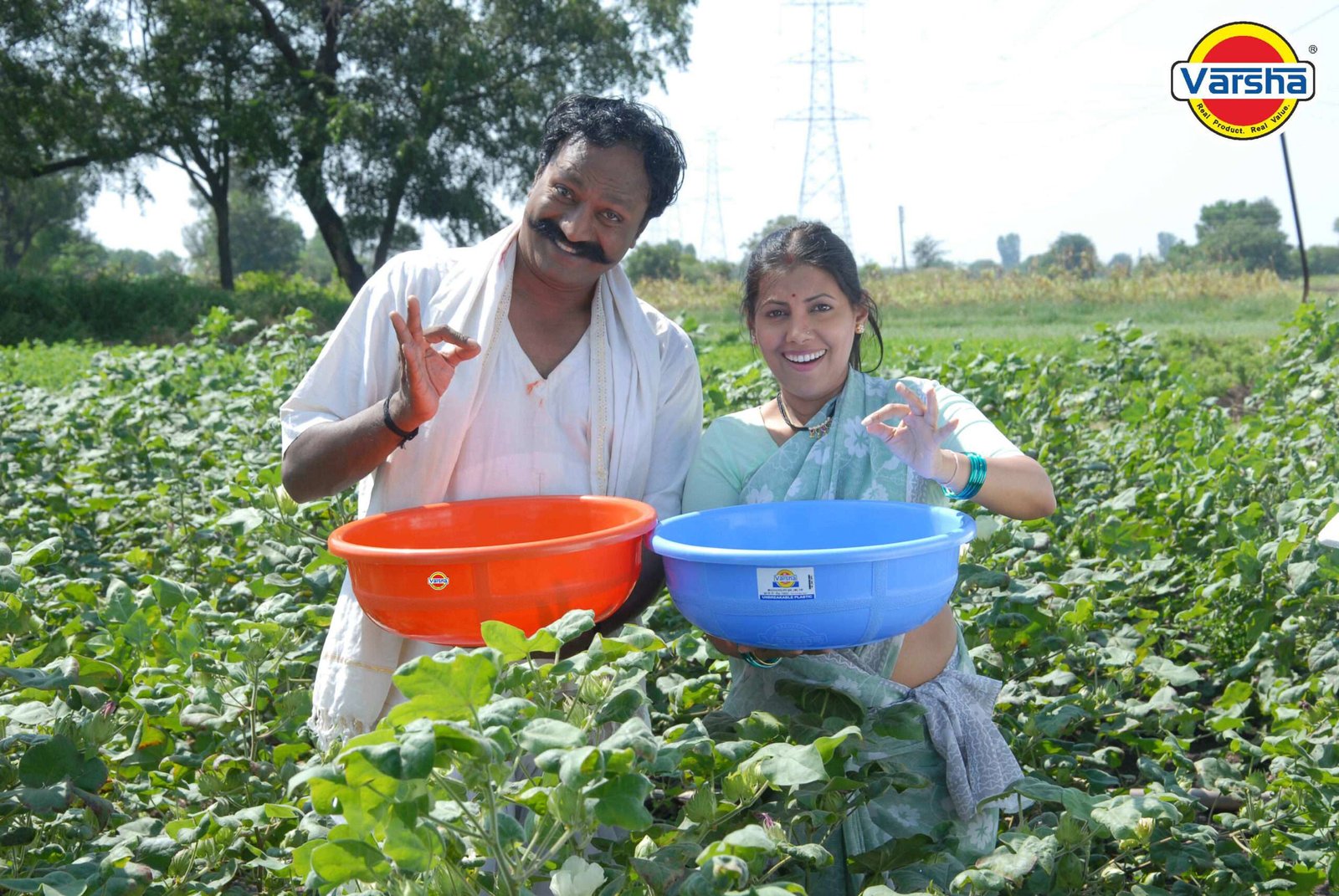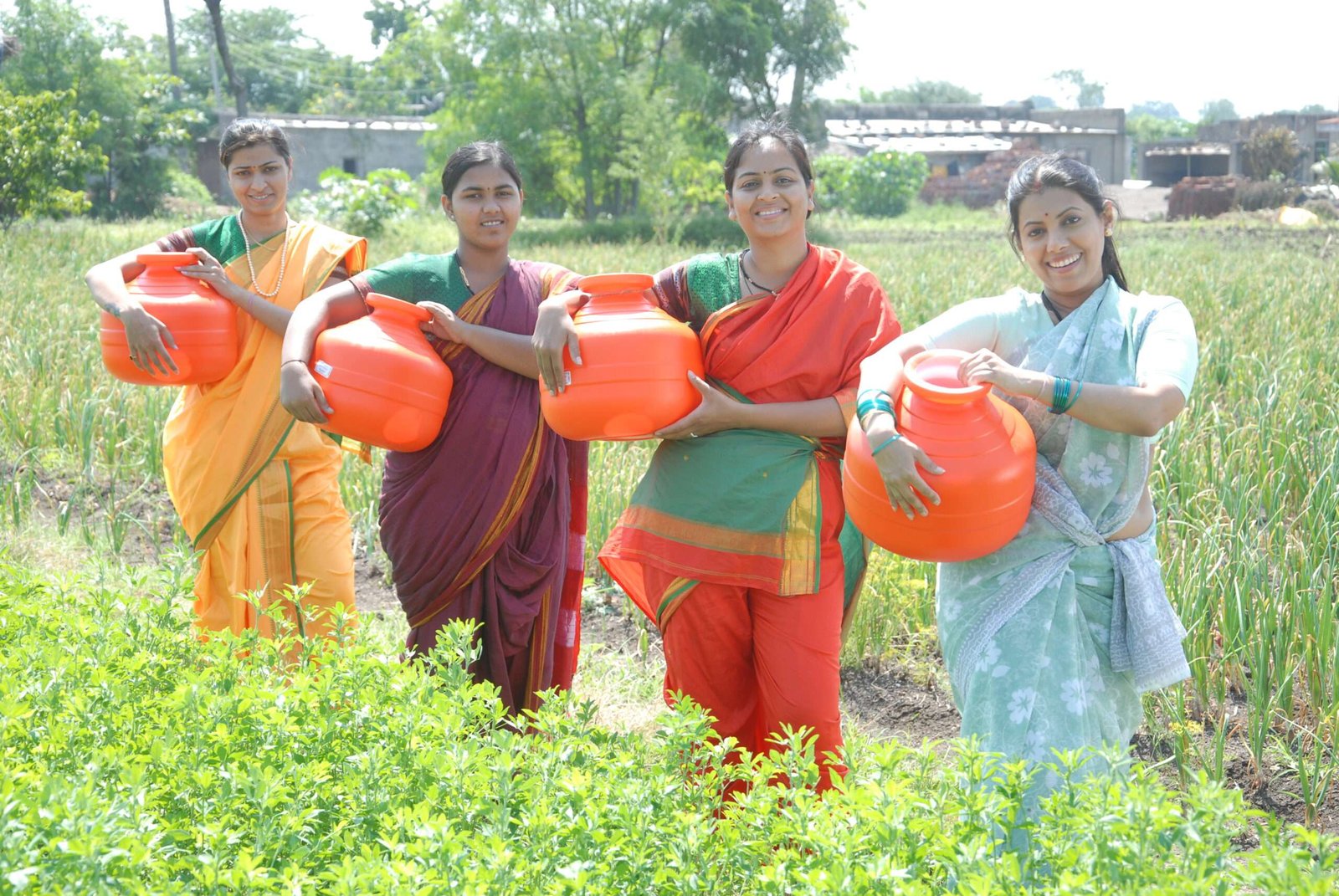In the realm of agriculture, durability and resilience are paramount. Every piece of equipment, every tool, every product utilized on a farm must withstand the rigors of daily use, harsh weather conditions, and the demanding tasks inherent in agricultural work. Among the many advancements that have transformed modern farming, the emergence of unbreakable plastic products stands as a testament to innovation in the field.
Plastic, once criticized for its environmental impact and perceived fragility, has undergone a remarkable evolution. Today, advancements in polymer science and engineering have led to the creation of ultra-durable, virtually indestructible plastic products that are revolutionizing the way farming operations are conducted.
From irrigation systems to storage containers, fencing materials to equipment components, the applications of unbreakable plastic products in agriculture are diverse and far-reaching. One of the most significant benefits of these products is their ability to withstand the harsh conditions commonly encountered on farms.
Take, for example, the ubiquitous plastic water tanks that dot the landscape of many farms. In the past, traditional metal or concrete tanks were prone to corrosion, rust, and damage from environmental factors such as freezing temperatures or exposure to sunlight. Unbreakable plastic tanks, however, offer superior resistance to these challenges. They are lightweight, easy to install, and virtually maintenance-free, providing a reliable water storage solution for agricultural operations of all sizes.
Similarly, fencing is an essential component of farm infrastructure, used to demarcate boundaries, contain livestock, and protect crops from wildlife. Traditional fencing materials like wood or metal require regular maintenance and are susceptible to rot, rust, and degradation over time. Unbreakable plastic fencing, on the other hand, offers unparalleled durability and longevity. It is impervious to moisture, insects, and UV radiation, ensuring years of reliable performance without the need for costly repairs or replacements.
In addition to their durability, unbreakable plastic products offer environmental benefits that cannot be overlooked. Many of these products are made from recycled materials, reducing the demand for virgin plastic and diverting waste from landfills. Furthermore, their longevity means fewer resources are required for maintenance and replacement, resulting in a lower overall environmental footprint for farming operations.
Beyond their practical advantages, unbreakable plastic products also contribute to improved efficiency and productivity on the farm. By minimizing downtime due to equipment failure or maintenance, farmers can focus their time and resources on core activities such as planting, harvesting, and animal husbandry. Moreover, the lightweight nature of plastic products makes them easier to transport, install, and maneuver, reducing labor costs and increasing operational flexibility.
Of course, like any technology, unbreakable plastic products are not without their challenges. Concerns about plastic pollution and environmental degradation persist, prompting calls for greater emphasis on recycling and sustainable manufacturing practices. Additionally, the upfront cost of these products may be higher than traditional alternatives, although the long-term savings in maintenance and replacement expenses often offset this initial investment.
In conclusion, unbreakable plastic products represent a significant advancement in agricultural technology, offering unparalleled durability, reliability, and sustainability for farming operations around the world. From water tanks to fencing, equipment components to storage containers, these products have become the unbreakable backbone of modern agriculture, enabling farmers to overcome challenges, maximize efficiency, and sustainably feed a growing global population. As the agricultural industry continues to evolve, the role of unbreakable plastic products is sure to expand, driving innovation and progress in the pursuit of a more resilient and productive food system.





